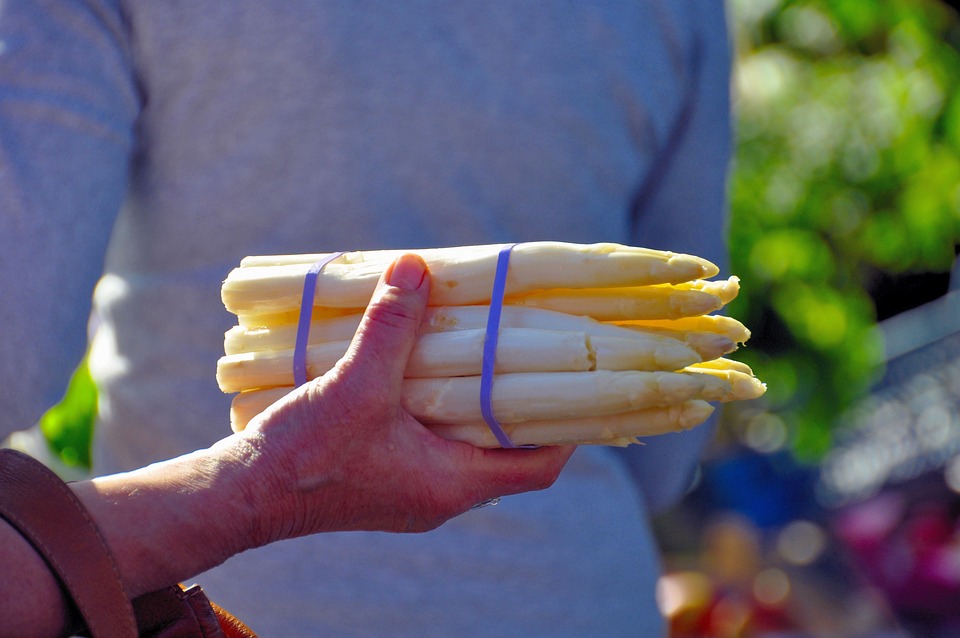As a passionate advocate for sustainable farming and gardening, I have spent countless hours working to improve soil health and biodiversity on my off-grid homestead. It has been a rewarding journey filled with challenges and triumphs, but ultimately, it has led me to discover the incredible power of sustainable farming practices in creating a thriving ecosystem. In this article, I will share some of the valuable insights I have gained along the way, and offer tips on how you can improve soil health and biodiversity through sustainable farming practices.
One of the key principles of sustainable farming is the importance of building healthy soil. Healthy soil is the foundation of a successful farm, as it provides the essential nutrients that plants need to grow and thrive. By focusing on improving soil health, you can ensure that your crops are more resilient to pests and diseases, and are able to produce higher yields.
There are several ways you can improve soil health on your farm. One of the most important practices is to use organic matter as a soil amendment. Compost, manure, and cover crops are all excellent sources of organic matter that can help to build soil structure, improve water retention, and increase nutrient availability. By incorporating these materials into your soil on a regular basis, you can create a healthy, vibrant ecosystem that will support your plants throughout the growing season.
In addition to using organic matter, it is also important to avoid using synthetic fertilizers and pesticides on your farm. These chemicals can harm beneficial soil organisms, disrupt the balance of nutrients in the soil, and contribute to pollution of waterways. Instead, focus on using natural methods of pest control, such as crop rotation, companion planting, and attracting beneficial insects to your farm. By working with nature rather than against it, you can create a more sustainable and resilient farming system that will benefit both your plants and the environment.
Another important aspect of sustainable farming is promoting biodiversity on your farm. Biodiversity refers to the variety of plants, animals, and microorganisms that live in a particular ecosystem. By increasing biodiversity on your farm, you can create a more resilient and productive system that is better able to withstand environmental stresses and challenges.
There are many ways you can promote biodiversity on your farm. One of the simplest methods is to plant a diverse range of crops in your fields. By growing a variety of different plants, you can create habitat for a wide range of beneficial insects and other organisms that can help to control pests, pollinate crops, and improve soil health. You can also create habitat for wildlife by leaving areas of your farm uncultivated, planting hedgerows and windbreaks, and providing water sources such as ponds or wetlands.
In addition to promoting biodiversity on your farm, it is also important to work towards a more sustainable and regenerative agriculture system. This involves not just minimizing the negative impacts of farming, but actively working to improve the health of the land and the surrounding ecosystem. By focusing on building soil health, promoting biodiversity, and using natural methods of pest control, you can create a farming system that is not only productive, but also beneficial to the environment.
Pro Tips:
1. Test your soil regularly to determine its nutrient levels and pH balance. This will help you to make informed decisions about what amendments are needed to improve soil health.
2. Consider incorporating livestock into your farm system to help build soil fertility and control weeds and pests. Rotational grazing and using animal manure as a fertilizer can greatly benefit soil health.
3. Take a holistic approach to farming by considering the entire ecosystem of your farm. By working to improve soil health, promote biodiversity, and minimize negative impacts on the environment, you can create a more sustainable and regenerative farming system.



